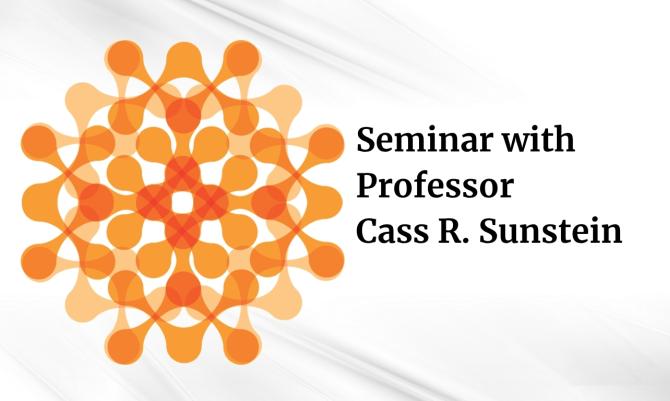
Many people prize agency; they want to make their own choices. Many people also prize second-order agency, by which they decide whether and when to exercise first-order agency. First-order agency can be an extraordinary benefit or an immense burden. When it is an extraordinary benefit, people might reject any kind of interference, or might welcome a nudge, or might seek some kind of boost, designed to increase their capacities. When first-order agency is an immense burden, people might also welcome a nudge or might make some kind of delegation (say, to AI, an employer, a doctor, an algorithm, or a regulator). These points suggests that the line between active choosing and paternalism can be illusory. When private or public institutions override people's desire not to exercise first-order agency, and thus reject people's exercise of second-order agency, they are behaving paternalistically, through a form of choice-requiring paternalism. Choice-requiring paternalism may compromise second-order agency. It might not be very nice to do that.

Professor Cass R. Sunstein, Harvard Law School.
Professor Sunstein is a Fellow of our Accelerator Fellowship Programme, focusing on addressing AI, bias and noise in administrative agencies during his time on the programme.
Cass R. Sunstein is currently the Robert Walmsley University Professor at Harvard. He is the founder and director of the Program on Behavioral Economics and Public Policy at Harvard Law School. In 2018, he received the Holberg Prize from the government of Norway, sometimes described as the equivalent of the Nobel Prize for law and the humanities. In 2020, the World Health Organization appointed him as Chair of its technical advisory group on Behavioural Insights and Sciences for Health. From 2009 to 2012, he was Administrator of the White House Office of Information and Regulatory Affairs, and after that, he served on the President’s Review Board on Intelligence and Communications Technologies and on the Pentagon’s Defense Innovation Board. Mr. Sunstein has testified before congressional committees on many subjects, and he has advised officials at the United Nations, the European Commission, the World Bank, and many nations on issues of law and public policy. He has served as an adviser to the Behavioural Insights Team in the United Kingdom.
Mr. Sunstein is author of hundreds of articles and dozens of books, including Nudge: Improving Decisions about Health, Wealth, and Happiness (with Richard H. Thaler, 2008), Simpler: The Future of Government (2013), The Ethics of Influence (2015), #Republic (2017), Impeachment: A Citizen’s Guide (2017), The Cost-Benefit Revolution (2018), On Freedom (2019), Conformity (2019), How Change Happens (2019), and Too Much Information (2020). He is now working on a variety of projects involving the regulatory state, “sludge” (defined to include paperwork and similar burdens), fake news, and freedom of speech.
He served as Senior Counselor to the Secretary of Homeland Security during the Biden Administration, where he focused on resilience against weather-related risks (such as flooding and extreme heat) and on reduction of administration burdens; he was awarded the Distinguished Public Service Medal, the Department’s highest civilian honor, in 2024.
